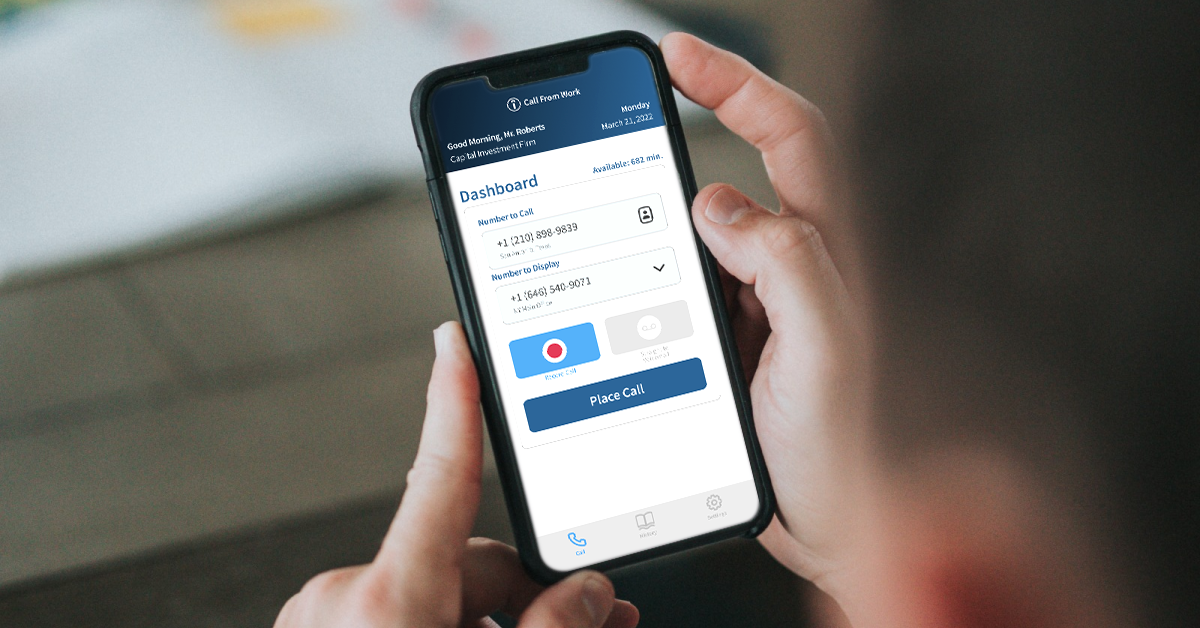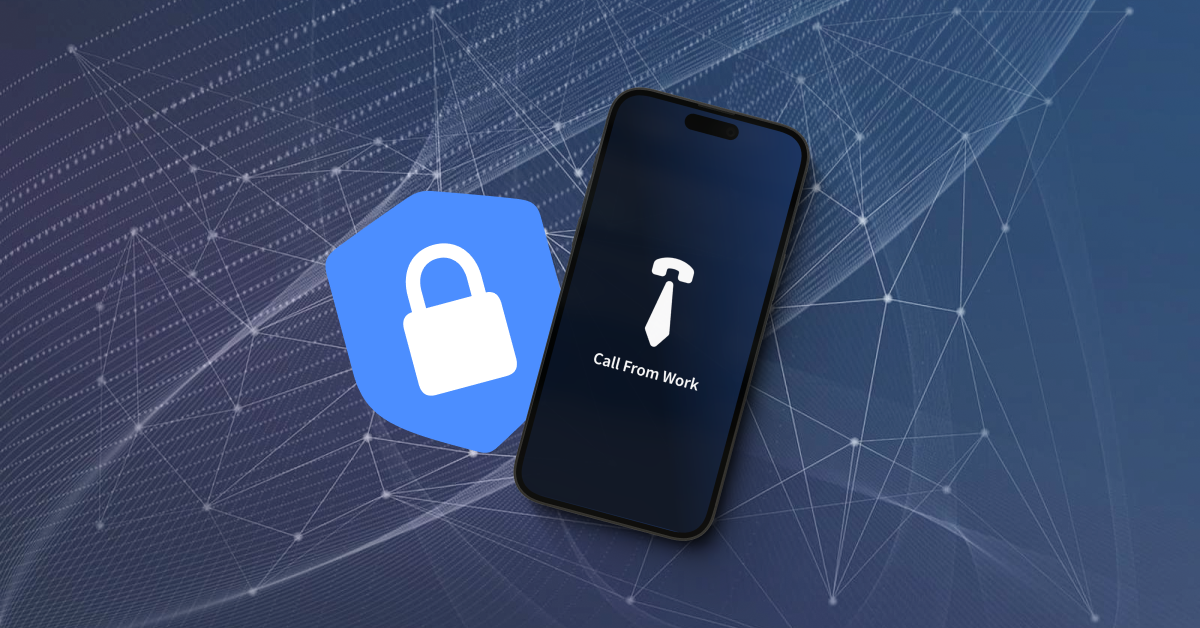Unlocking Success with Recorded Work Calls

Effective communication is the cornerstone of success in today's fast-paced, dynamic work environment. As professionals navigate the complexities of their roles, one often-overlooked tool can play a crucial role in enhancing communication and preserving valuable information: call recording. This blog post explores why recording work calls can be a game-changer for individuals and organizations alike.
Memory Enhancement:
Human memory is fallible, and details of meaningful conversations can quickly fade away. Recording work calls is invaluable for refreshing your memory on key discussions, decisions, and action items. This not only helps in personal productivity but also contributes to your team's overall efficiency.
Documentation for Clarity:
In a world where miscommunication can lead to costly mistakes, having a recorded archive of conversations serves as a concrete source of truth. When there's a dispute or a need for clarification, referring back to the original conversation can resolve misunderstandings and provide a clear record of what was said, reducing the likelihood of disputes and conflicts.
Training and Onboarding:
For organizations, recorded calls become invaluable training resources. New team members can benefit from real-life examples of successful interactions, and managers can use recorded calls to illustrate best practices. This not only expedites the onboarding process but also ensures a consistent standard of communication across the entire team.
Legal Protection:
In certain industries, compliance with regulations and legal requirements is paramount. Recording work calls can serve as a safeguard against potential legal challenges by providing an accurate account of conversations and decisions. This documentation can be crucial in demonstrating compliance and protecting the organization's interests.
Continuous Improvement:
Reviewing recorded calls enables professionals to identify areas for improvement in their communication skills. Whether it's refining presentation techniques, enhancing negotiation strategies, or simply becoming more articulate, the ability to assess one's own performance is a powerful tool for personal and professional development.
Project Accountability:
In collaborative work environments, projects often involve multiple stakeholders. Recorded calls can be a valuable tool for tracking the progression of projects, assigning responsibilities, and holding team members accountable for their commitments. This transparency fosters a culture of responsibility and ensures everyone is on the same page.
Efficient Note-Taking:
While note-taking during calls is essential, it can also be distracting and hinder active participation. Recording calls allows you to engage fully in the conversation without the worry of missing critical details. Later, you can review the recording and take more comprehensive notes without compromising your focus during the call.
Conclusion:
In an era where information is a key currency, recording work calls is a practical and forward-thinking practice. It empowers individuals and organizations to harness the full potential of their communication, fostering transparency, accountability, and continuous improvement. By embracing call recording as a standard practice, professionals can not only navigate the complexities of their roles more effectively but also contribute to the overall success of their teams and organizations.
More Posts You'll Like:













